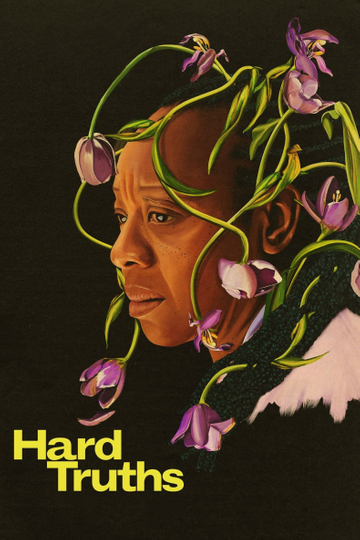Season 1 Episodes
1. Get It On 70-72
Sandbrook is as interested in how ordinary people were changing Britain as he is in politicians. In this episode, he reveals a country brimming with aspiration as millions get on the property ladder, take their first foreign holidays and start to challenge the old class boundaries to their lives. It was a decade in which ordinary British people first felt the thrill of freedom and money, but Sandbrook shows us it was also a decade in which raging conflicts about the economy and Europe loomed large.
2. Doomwatch 73-74
This episode looks at the impact of a fast changing world on British life and how Britain could no longer pretend to be an island nation that stood apart. Dominic explores the effects of the oil price hike of the 70s and of rampant inflation on Britain's living standards. He also looks at how many British people were choosing to live different kinds of lives embracing everything from environmentally aware lifestyles to the sexual revolution.
3. Goodbye Great Britain 75-77
This episode looks at the Britain of 1975-77. New sex discrimination laws challenged the British bloke, while football hooliganism and industrial unrest heralded the end of the post-war peace. Equal pay and rights meant that women could, technically, work on an equal standing to men. Dominic contrasts their new 'equality' with the epidemic of casual sexism in British culture. Fighting on the football terraces brought the national game into disrepute, while in industry there was a sense that Britain was slipping out of control: despite the government ploughing millions into British Leyland, the company was unable to control its workforce or to make cars that people wanted.
4. The Winner Takes It All 77-79
In the final episode of the series, historian Dominic Sandbrook looks at the closing years of the 70s. He encounters a nation arguing about the future of education and watching Grange Hill, debating the impact of multiculturalism and enjoying The Specials. We were also anxious over youth crime and fiercely arguing about who should pay for austerity in economically troubled times. With the help of vivid archive and an evocative soundtrack, Dominic reveals that the final years of this tumultuous decade were marked by concerns that appear startlingly current.



























